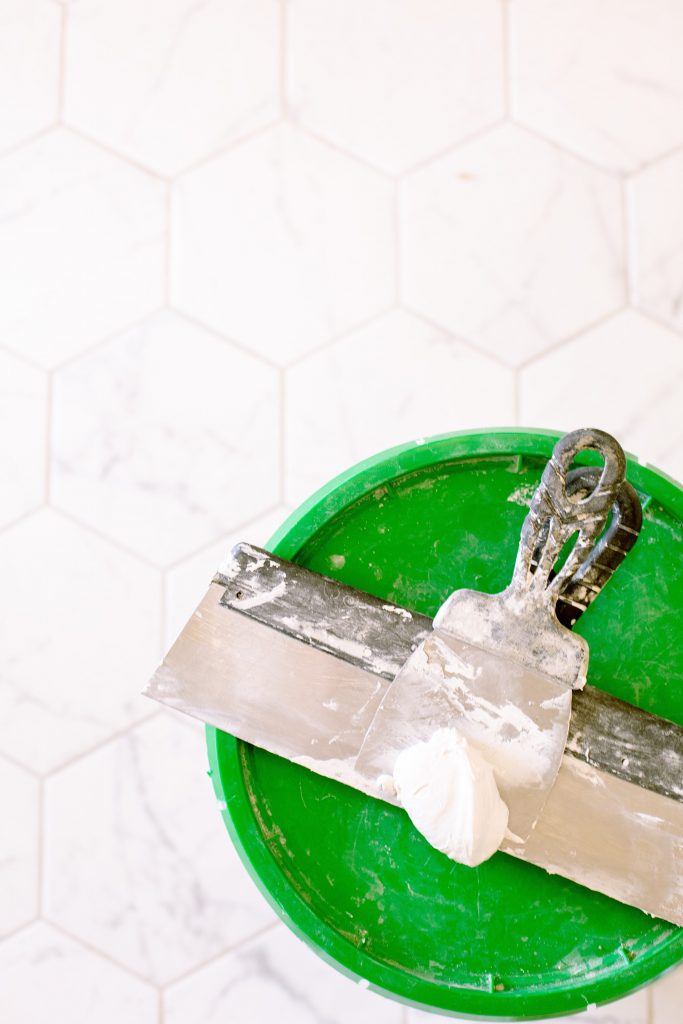Fear of greenwashing should not stop your sustainability ‘work-in-progress’

7 Steps to communicate your sustainability practices without greenwashing
Dr Christopher Warren
We are, I am sure, all familiar with the term greenwashing (first coined by Jay Westerveld of Greenpeace in 1986 in frustration to hotel towel re-use initiatives), and its reporting by many journalists, including at length by Tom Robbins (2008)1. But has its fear all but snuffed out our hopes of communicating sustainability to guests?
John Swarbrooke, associate dean at University of Plymouth, pointed out in Robbins’ article that “lots of people want to do the right thing, but without any guidance they’ll just throw their hands in the air and stop bothering about responsible travel altogether.” That was in 2008. Not a promising picture when one remembers that guests account for more than 50% of resource use at accommodation. So, our task to reach the Paris Agreement Goals of net zero emissions by 2050 look Everest-like if we don’t seriously engage with guests.
Now in 2020, STR finds 70% of travellers believe there is little or no effort by tourism providers to become more sustainable 2. While accommodation providers do fair better than travel companies in this survey, most travellers, particularly Millennials and their younger cohorts, believe choosing an environmentally friendly holiday is important. So, the current messages conveyed by hosts to guests are therefore not breaking the mould.
This in part can be attributed to some hospitality firms actually pulling back from communicating most of their sustainability activities for fear of consumer claims of hypocrisy in what Xavier Font (professor of sustainable tourism at University of Surrey) calls greenhushing 3.Is our fear of receiving greenwashing complaints stopping important social progress? The reality is that there are a very, very few examples of sustainable tourist accommodation other than people hiking with a tent, and even this will have environmental consequences. So, this single word ‘sustainability’ perhaps is taken by many in a far too simplistic manner.
Sustainability might sound simple and is often applied as an afterthought, a ‘band aid’ if you like, to an accommodation’s environmental footprint. When in fact we need complex surgery. Especially to an existing business, operating in a building with energy saving standards set before designers took on board the impact of extreme weather events and extended heat island effects. Or when the business has to manage capital investments to replace inefficient equipment during an era of tighter margins brought about by dynamic pricing.
The reality is that most hospitality functions within the constraints of older buildings. This poses enormous challenges for management teams and owners seeking to do the right thing and apply ever higher sustainability practices as we must do. It means our sustainability programme is frequently in a state of ‘work in progress’. But that should not stop us explaining what we are doing in full. My argument is based on the experience of knowing consumers find it acceptable for an accommodation provider to report work-in-progress, as long as we have a plan to reach the globally agreed goals, and are demonstrating progress.
Communicating sustainability progress is key because we should embrace the evident consumer demand (reported by STR surveys and passionately argued by Professor Harold Goodwin). We cannot do this by hiding the truth. How do we communicate this without sounding simplistic, overzealous or even ‘greenhushing’? Follow these 7 steps to set responsible foundations and be confident you have a work-in-progress.
1. Baseline
In order to demonstrate the successes, challenges and the journey you still need to take, record a baseline. This is essential. It should be holistic. Meaning as our shared goal is to reduce greenhouse gases then the baseline must assess all the elements that contribute to this pollution. Without it your claims will not be taken seriously. If you have already started and failed to calculate the baseline, don’t worry, it is then a straight forward exercise of reclaiming the paperwork for that start date as you must have proof of your claims.
2. Integrity
You can effectively persuade guests if they feel the business has integrity. Sure tell your success stories but it is also much more believable if you also add what your challenges are and share milestones. Your staff will be key communicators so they should be deeply involved in the programme. Make sure you have considered social factors like staff conditions, because your guests will want to know, and staff should be self-motivated. Staff are key because there is little scientific evidence that behavioural change is really occurring in hospitality 4/5. Maybe it is also time to re-think the concept of ‘green teams’ to actively involve all staff and guests as ‘One Team’ to progress the work-in-progress. To persuade them the company must have integrity. Underpinning integrity will require you to go further, as Henri Kuokkanen of the Institut Paul Bocuse tells us; “it is essential to provide evidence that is externally verified by a credible third party. This alleviates the fear of greenwashing”6. But this does not require you to invest in expensive certification scheme or consultants, there are very cost-effective alternatives.
3. Tangible
Yes, you should have numbers to demonstrate change, but listing them for their own sake only tells one side of the story. Researchers like Elena Cavagnaro, professor at Stenden University of Applied Sciences recommends that “if a hotel claims that a donation is made to children’s education if a guest chooses not to get the room cleaned, then the hotel should provide proof of its claim….in short, telling should go hand in hand with showing” 6. You need to show your commitment rather than hide it behind a certification label. Demonstrating your actions to guests as visual clues giving people ‘reasons to believe’ you.
4. Money
The capital requirements to make all the changes will most probably be beyond the reach of most accommodation businesses to apply in one step. That’s why your sustainability programme is a work-in-progress, and why you can honestly explain the current status provided you have that baseline and identified the greenhouse gas impact from the start.
I have noticed that guests do not always appreciate when a business has made a big green capital investment, feeling it is a bought-in expensive solution that has its own environmental footprint. Instead people will appreciate your effort to work to budgets and that is why they accept a work-in-progress. Afterall they have to live within their budgets too.
5. Expertise
What you should be is an expert about your own building’s foibles and solutions like knowing how much energy appliances use, how much energy your in-room fridge consumes, how best to sleep comfortably at night and save energy. This knowledge will make you and your staff more aware and confident when talking to guests.
6. Invite
Avoid irrelevant claims and fluffy language but do invite everyone to participate in your sustainability programme, because everyone will make, to varying degrees, an impact. So, if you want to cut greenhouse gases then the best way is to involve the humans using the systems within your building. Make your communication persuasive, interesting and illustrative i.e. not a placid row of numbers and graphs in a static report. They should be an active dynamic presentation which is both easy for guests and corporate clients to read as it is to hear from staff. It is the interpersonal communication skills of your staff that will help reassure others of your good intentions, practices and next actions, avoiding associations of greenwashing.
7. Yourself
Avoiding greenwashing and clichés is therefore a matter of honesty and clarity. Importantly this must start first ‘at home’. A leader must demonstrate commitments to sustainability by applying them in their own lifestyle (it could be argued that it was hard to challenge Boris Johnson’s commitments to reduce community traffic, when as mayor, he chose to ride a
bicycle). Share your passion with staff. Enthusiasm is infectious. Your staff will feel you have integrity and be more likely to adjust their behaviours once they see your passion and the changes you have personally made.
Dr Christopher Warren is found of My Green Butler and also co-proprietor of Crystal Creek Meadows in Kangaroo Valley.
References
1.Tom Robbins (6 July, 2008). Are you being Green washed? The Guardian
2. STR Tourism Consumer Insights (2020) Sustainable Travel, Climate Change on the mind of tourists. https://www.hotelnewsresource.com/article109362.html
3. Xavier Font, Islam Elgammal & Ian Lamond (2017) Greenhushing: the deliberate
under communicating of sustainability practices by tourism businesses, Journal of
Sustainable Tourism, 25:7, 1007-1023, DOI: 10.1080/09669582.2016.1158829
4. Hall et al. (2016) Accommodation consumers and providers’ attitudes, behaviours and practices for sustainability: a systematic review. Sustainability
5. Warren & Becken (2017) Saving energy and water in tourist accommodation: a systematic literature review (1987-2015). International Journal of Tourism Research https://onlinelibrary.wiley.com/doi/abs/10.1002/jtr.2112
6.HN Hospitality Net, 24 January, 2020. How can sustainability be communicated beyond clichés and greenwashing?




